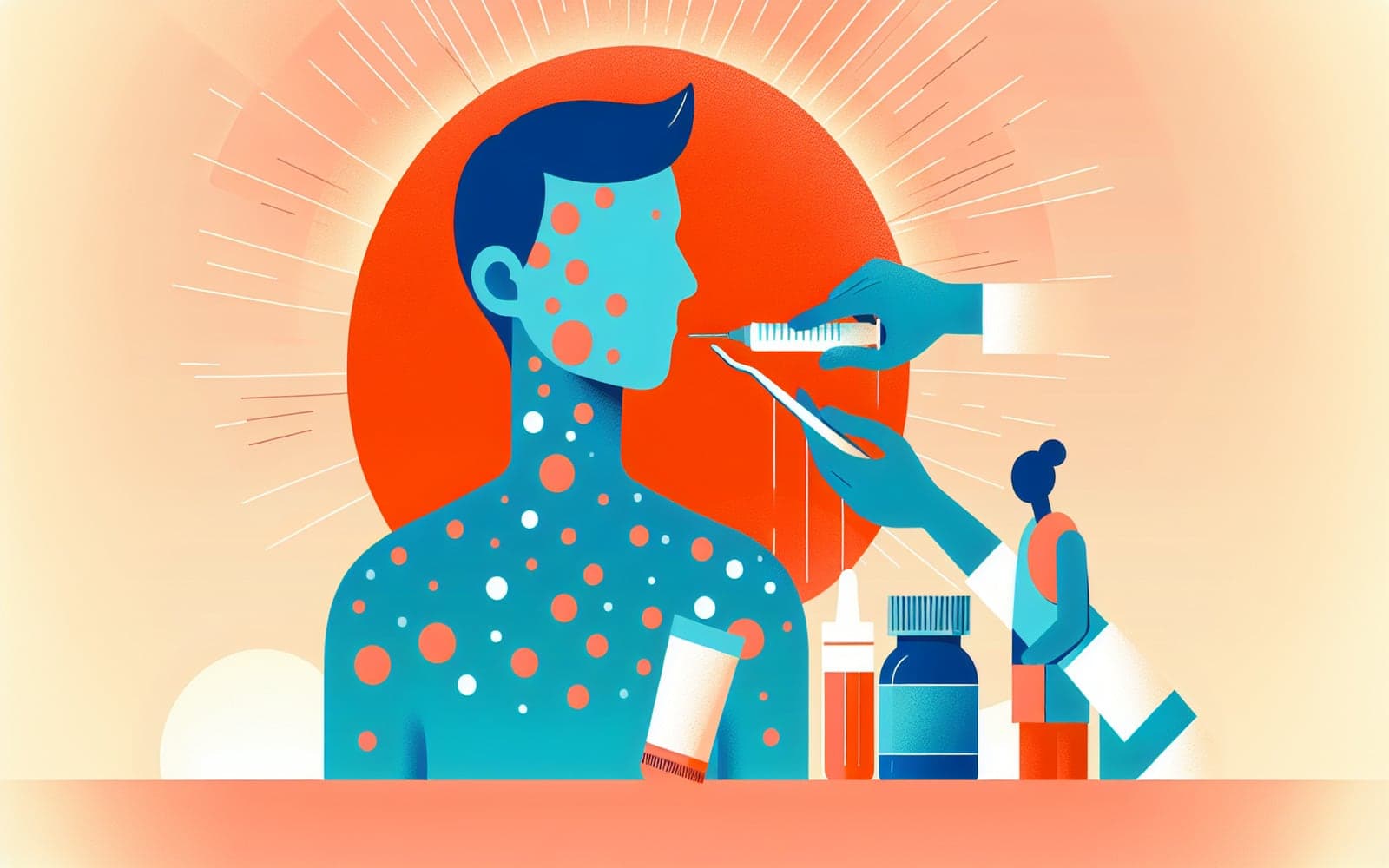Acne Treatments: What's Really Effective?
Published: Jan 29, 2024

Medically reviewed by Jerome Albert Ecker | MD, Assistant Professor of Medicine, Duke University - Durham, NC on January 29th, 2024.
Acne can be a tough battle, but understanding the treatments available can make all the difference. Explore the options and find what works for you.
Contents
Topical Treatments
Topical treatments are often the first line of defense against acne. They include creams and gels applied directly to the skin, such as retinoids and benzoyl peroxide. These treatments work by unclogging pores and reducing inflammation, helping to clear up blemishes and prevent new ones from forming.
Oral Medications
For more severe acne, oral medications may be recommended. These can include antibiotics to reduce bacteria and inflammation, or isotretinoin, a powerful drug that targets severe acne by reducing oil production. Oral contraceptives can also be effective for acne in women by regulating hormones.

Procedural Therapies
Procedural therapies, such as light-based treatments and chemical peels, can be used as adjunctive treatments for acne. These procedures can help reduce acne lesions and improve skin texture, often used alongside topical or oral treatments for enhanced results.
Frequently Asked Questions
Topical retinoids are creams or gels used to unclog pores and reduce acne.
They reduce bacteria and inflammation, aiding in acne control.
Isotretinoin can significantly reduce severe acne but requires careful use.
Yes, they can complement other treatments and improve skin texture.
Key Takeaways
Finding the right acne treatment requires understanding your options and consulting a healthcare professional.
Get started on your path to clearer skin by discussing treatment options with Doctronic today!Related Articles
References
Zaenglein AL, Pathy AL, Schlosser BJ, et al. Guidelines of care for the management of acne vulgaris. J Am Acad Dermatol 2016; 74:945.
Williams HC, Dellavalle RP, Garner S. Acne vulgaris. Lancet 2012; 379:361.
This article has been reviewed for accuracy by one of the licensed medical doctors working for Doctronic. Always discuss health information with your healthcare provider.

